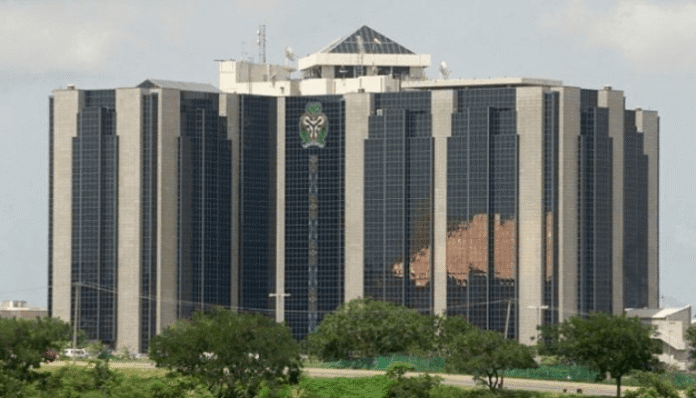The World Bank has commended the Central Bank of Nigeria (CBN) for its recent policy reforms, noting that the initiatives have led to improved foreign exchange liquidity and a more stable naira in 2025.
In its latest Africa’s Pulse report, released during the ongoing World Bank/IMF spring meetings in Washington, the global financial institution said the naira’s stability this year was due to Nigeria’s commitment to unifying its exchange rate and enhancing market-driven policies.
“Improved foreign exchange liquidity and reduced volatility have led to a more stable naira so far this year,” the report stated.
Despite being listed among the weakest performing currencies in 2024, alongside the South Sudanese pound and Ethiopian birr the World Bank said the CBN’s ongoing reforms are beginning to yield positive results.
CBN Governor Olayemi Cardoso, addressing investors in Washington, highlighted the importance of policy consistency and collaboration with fiscal authorities in restoring confidence in the Nigerian economy and currency.
The naira had previously faced major setbacks, including a significant depreciation and a sharp decline in dollar liquidity, which dropped by 72% to $81 million in October 2024.
As part of efforts to stabilise the currency, the Nigerian government has implemented key measures, including unifying exchange rates, clearing FX backlogs, boosting diaspora remittances, and improving liquidity.
Global credit ratings agency, Fitch, also acknowledged Nigeria’s improved policy framework, recently upgrading the country’s credit rating to ‘B’ due to enhanced macroeconomic stability and reduced short-term risks.
The World Bank further projected that Nigeria’s current account surplus will increase slightly from 9.2% of GDP in 2024 to 9.4% in 2026, driven by reduced imports and higher remittances.
The Africa’s Pulse report is a biannual publication by the World Bank’s chief economist for Africa. It provides analysis on key economic trends across the continent.








